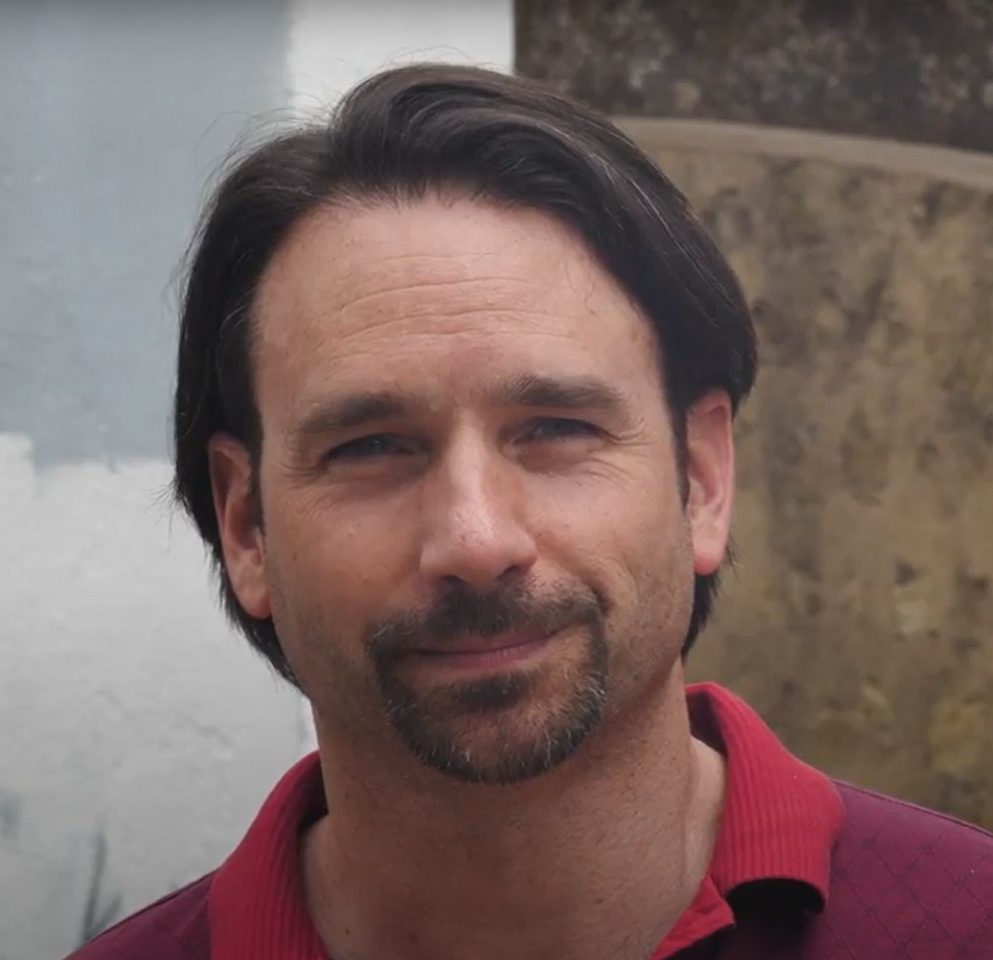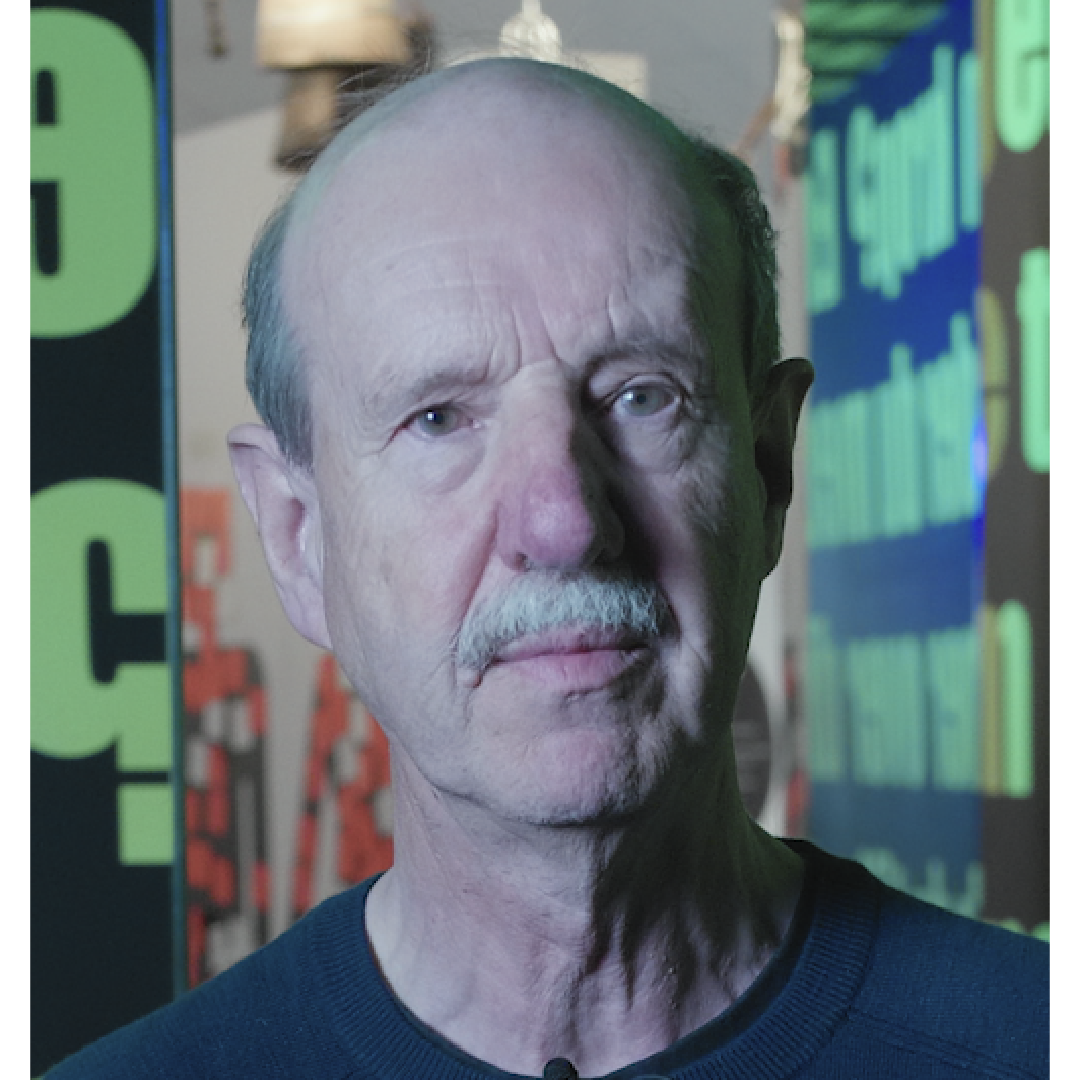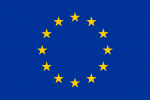Alex Gerber from INSCICO talks to Martin Brocklehurst, the Chair of the Citizen Science Global Partnership (CSGP) and Board Member of the European Citizen Science Association (ECSA), on whether projects like AURORA can accelerate our journey to Net Zero, post COP28.
Martin is about to lead a global delegation of citizen scientists to the United Nations Environment Assembly in Nairobi Kenya as the global citizen science community continues to make the case that citizen science must be integrated in global Multi-lateral Environment Agreements (MEAs).


Alex: Martin, can citizen science make a difference to efforts to tackle climate change?
The answer is clearly yes or I would not at the age of 73 be working on the AURORA Horizon 2020 Citizen Science Project Tackling Climate Change. Link this to work leading the EU Green Deal support team to promote the research outputs from a cluster of citizen science projects tackling the three great challenges of our time, Climate Change, Biodiversity Loss and Pollution and you will see I strongly believe citizen science can make a difference.
Alex: How can citizen science really make a difference? Surely it is down to Governments, multi-national corporations and global organisations like the UN to drive this change.
Yes, we need leadership from these organisations but sadly our global efforts through the development of Multi-Lateral Environmental Agreements (MEAs), whilst having great ambition are struggling to deliver the results we all want to see. Commercial pressures are very real and the momentum to maintain the status quo weakens our resolve when it comes to implementation. MEAs are not legally binding and unlike EU Directives have no financial penalties when countries fail to deliver on their commitments.
Further, in respect of climate change, we still have International Carbon Markets that are not strong enough to deter fossil fuel companies and fossil fuel users from growing markets for fossil fuels and to reduce the carbon they emit when these fuels are burnt and released into the atmosphere. The financial penalties imposed on those whose behaviour is devastating our planet and damaging the lives of millions of people are still not strong enough. We still allow massive profits to be made by fossil fuels companies on the backs of misery for people across our planet who suffer the consequences of climate change.
We have seen in recent years great people protests that more needs to be done to tackle climate change, but my challenge to all citizens and particular protestors, is what practical action are you taking to reduce your personal carbon emissions. I know from my own life change is possible.
I hear all sorts of excuses from individuals that change is not possible and in any case nothing I do will make a difference. I am inspired by the quote from The Secretary General of the UN António Guterres:
“Climate change is here. It is terrifying. And it is just the beginning. The era of global warming has ended; the era of global boiling has arrived. The air is unbreathable. The heat is unbearable. And the level of fossil fuel profits and climate inaction is unacceptable. Leaders must lead. No more hesitancy. No more excuses. No more waiting for others to move first. There is simply no more time for that”.
No more hesitancy, no more excuses, no more waiting for others to move first. This speech may have been targeted at Governments but my challenge is the same to citizens.
This is where projects like AURORA and many others in the EU Horizon Green deal 2020 Citizen Science Cluster come in. Project AURORA has recognised that up to 30% of all carbon emission are produced by you and I. The way we heat our homes, the electricity we purchase for power and the way we organise our transport all have fundamental impacts on our carbon footprint. (See a typical example from Ireland).
Project AURORA is acting with communities in 5 countries, clustered around 4 Universities and 1 Local Authority. The Universities of Ljubljana, Slovenia; Aarhus Denmark; Évora Portugal and UPM, Madrid Spain; along with a Municipality, the Forest of Dean in Gloucestershire England, are all working together to empower citizens through the creation of energy communities. We have developed the AURORA Energy Tracker app to show people how much carbon they produce and how they can reduce that carbon by taking practical actions to change behaviours. Our aim is so that citizens can see the challenges they have, to meet the Paris Climate change carbon reduction targets that will keep the planet temperatures below 1.5°C.
Alex: But surely this is a drop in the ocean in the reductions we need to achieve in carbon emission and will make no real difference, even if your pilots are a success.
What we are doing in the pilots is proving a concept that communities can make the change needed to get to near zero carbon emissions. Many changes can be made to the way we purchase power. Here in the UK and in many other European Countries we can choose to purchase renewable energy, we can take simple measures to reduce our energy demand through effective insulation, and we can invest in renewable energy schemes. We are pioneering behaviour change that will allow communities to take ownership of their own power generation through community energy schemes which overcome the initial capital costs of solar power through co-operative schemes. We are working with a range of business models that allow this change to take place including the Red Cross in Portugal, and the Big Solar Co-operative in the UK, forging new approaches to allow communities to own their own energy generation.
These schemes are proving that this change is affordable, that it will lower energy costs, that it will allow small investors to get good rates of return on the money they invest and in the process divert profits that would have gone to the fossil fuel companies back into local, communities.
It is a powerful message that to go green will save you money and grow profits for further investment in green energy schemes in your community. In the Forest of Dean, after the initial shock that yes these financial and environmental benefit are real, we are seeing a powerful partnership developing between the energy community that project AURORA has created, the business partner Big Solar, and third party high energy users in the community. In the Forest as it is known, a deprived former coal mining community with many poorly insulated and heated homes over 40 potential sites have already been identified that could switch to solar community energy schemes. The pioneers are a local school and leisure centre, but community shops and cafes, heritage centres, parish halls, hotels are all now exploiting how they may use this model. The same is true in Portugal where a new partnership is developing with the Red Cross in the city of Évora with similar results. Each scheme is meeting challenges that need to be overcome and documenting the solutions so that others do not have to learn from the same mistakes.
Alex: But let me ask you again: how this can make a difference on a European or Global Scale?
Let me take that question head on. We are in the middle of a global climate change emergency. Our leaders are struggling to deliver on the promises they have made on climate change.
Project AURORA is showing that through the establishment of energy communities people can reduce their personal carbon emissions, lower energy costs for their communities, and divert profits back from the fossil fuel industry into their local communities for further investment in decarbonisation. That is a powerful message.
We saw during the Covid Health Emergency that when people understand that by taking part in citizen science programmes they can impact global emergencies by their actions. Citizens can protect their health and that of their families through taking part in proven citizen science programmes. In the UK alone 4.4 million people took part in the Covid Tracker app a citizen science project to understand the spread of covid and to provide people with detailed information on how to manage their personal health risks. We know from proven air quality citizen science projects in the Netherlands and Belgium that citizens will again take part when they can see a direct benefit in their own personal lives, in this case information to manage health risks from air pollution. Over 50,000 people took part in the city of Antwerp and now a project is operating right across the Netherlands.
I could go on and give you example after example where people from across the planet are now taking part in scientific research that leads to behaviour change. All the evidence suggests that 15-20% of the population will take part in citizen science projects, given the chance. The challenge for project AURORA is first to prove our pilots work, that communities benefit, that the climate benefits and secondly to encourage others to follow our lead.
Project AURORA is already in discussions with the European Universities Association, the Council of European Municipalities and Regions and the Net Zero Cities Programme and we plan to engage with the EU Climate Change Ambassadors to share our findings and encourage them to replicate our approach. If more than 50% of the Universities and Municipalities in Europe followed the example of Aarhus University in the AURORA project, then we would make a significant impact on the carbon emission from Europe. Citizens would be strongly supporting the leadership shown by the EU in promoting the EU Green Deal.
Alex: How are you working with the European Union to bring this vision into reality
An exciting opportunity for Project AURORA is that we have just been selected as a European Climate Pact Partner. We stand out as one of the top 31 selected partners out of over 400 applications to the European Union. The collective mission of the pact is to inspire citizens to engage in and act against climate change. We want our expertise and dedication to play a crucial role in driving climate action efforts across the EU.
This is not just a partnership; it is an opportunity to be part of a community that will shape the future of EU climate policy and inspire a broader audience to join the cause.
We are also working with the EU Green Deal team to have an active presence at EU Green Week and at the EU Week of Regions and Cities to forge new partnerships able to exploit our work. We are also reaching out to all the European Climate Change Ambassadors to make them aware of project AURORA and the resources, tools and business models we have developed to encourage them to replicate our approach.
Even more excitingly we are working with the Citizen Science Global Partnership (CSGP), the European Citizen Science Association (ECSA), the United Nations Major (NGO) Groups and the UN Science and Policy Business Forum to make the case to the United Nations Environment Assembly (UNEA) that citizen science should be part of all future Multi-Lateral Environmental Agreements (MEAs). That will give project AURORA the opportunity to share our approach with nations across the planet. We are also taking party in a CSGP / UNEP led programme to develop the World Environment Situation Room (WESR) Citizen Science Portal so we can share best practice with citizen scientists around the world. In effect a shop window for the very best citizen science projects globally that adopt the principles of the UNESCO Open Science Recommendation.
Lastly we have set up a citizen science LINKEDIN discussion group where citizen scientists and citizens can discuss and share how citizen science can make a difference to climate change.
With the scale of the challenge we all face to tackle climate change never again must we say we failed to act, we failed to show leadership, we waited for others to lead. We have no more time to be timid in our response. As citizens we owe it to our grandchildren to share everything we do on project AURORA with citizen scientists across the globe and allow them to replicate, use and develop all the tools we have put in place.
For me this is the beginning of the Decade of Citizen Science when from small beginnings citizens take ownership of the climate change challenge. When we mobilise University Students across Europe to drive practical change in lifestyle, when we mobilise communities to own energy generation when we start to deliver on the commitments Governments have made.



